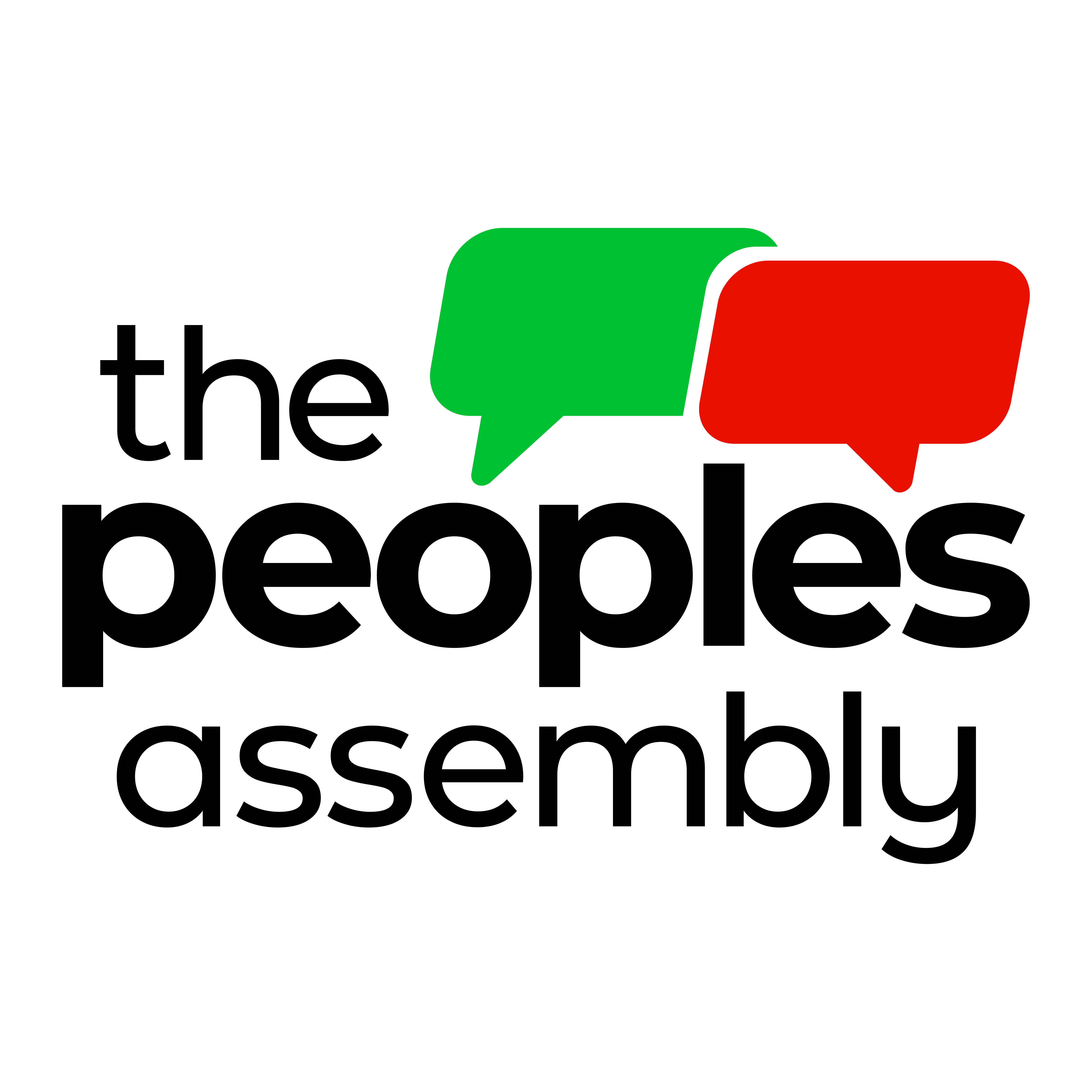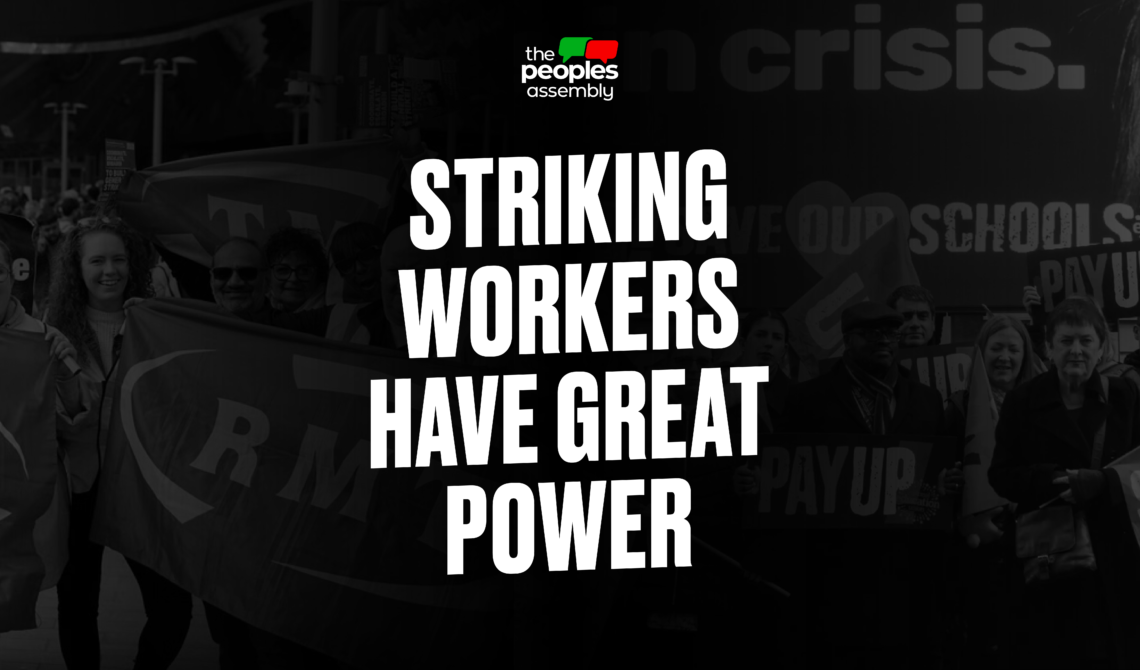When is an essential worker not an essential worker? According to this government and the media that supports it, when they ask for their real take home pay not to be cut. If they do, they are selfish and greedy layabouts led by Marxist extremists.
Of course, this propaganda is simply rubbish. Much more importantly it seems to have little traction with the public, where polls and vox pops tend to show strong support for those taking action. This is almost unprecedented in terms of popular support. The likelihood is that support arises because so many people are feeling the effects of the attacks on living standards that they feel they are in the same boat.
It doesn’t seem to matter much that there is genuine public inconvenience -strikes are not very effective if there is not some disruption. Yet, even though the media have tried their usual campaigns against workers, unions and their leaders, the public is not buying what they are selling.
Unfortunately, public opinion alone will not determine the outcome of strikes. And this is a government that not only seems intent on defeating the strikes, they also want a once-in-a-generation attack on the power of organised labour altogether.
Yet this attack from a viciously right-wing government also tells us something about where we stand and the power of striking workers that worries the Tories and their supporters so much. There is an important lesson for workers, especially those operating in the public sector (like NHS workers, teachers, civil servants, firefighters, lecturers and others) or in sectors where the government is still effectively in charge of negotiations (such as post and rail).
There is an old myth that only industrial unions have industrial power. But at the height of the pandemic we learnt something else. That workers in areas like health and education have become essential, even indispensable. This is because structurally the economy itself has become more complex and more inter-dependent, or socialised.
There are also labour shortages in this country, as in other richer economies. There is no longer an army of (mainly women) at home who are forced to step into the breach as unpaid carers when someone is ill, or when the school is closed. This is why teachers and NHS workers and others became essential at the height of the pandemic. If they are not working, for reasons of health, or health and safety or because they are on strike, then many others cannot work.
One and half million people use NHS services every day. There are also well over six million children aged 5 to 14 years old who are school every day. As the Financial Times has recently fretted, if workers in those sectors are not at work, large parts of the rest of the economy start to shut down very rapidly.
The City, big business, and the government have all come to the conclusion that non-industrial workers really are essential. That is why they are prepared to force them into work with new legislation, even while they are not prepared to offer decent wages.
On our side, we should recognise the same truth, that huge numbers of public sector workers and others have great economic power. And we can use it for a just cause, better pay and conditions, against job losses, and to save public services.
Michael Burke writes regularly for PAAA and for https://socialisteconomicbulletin.net/

